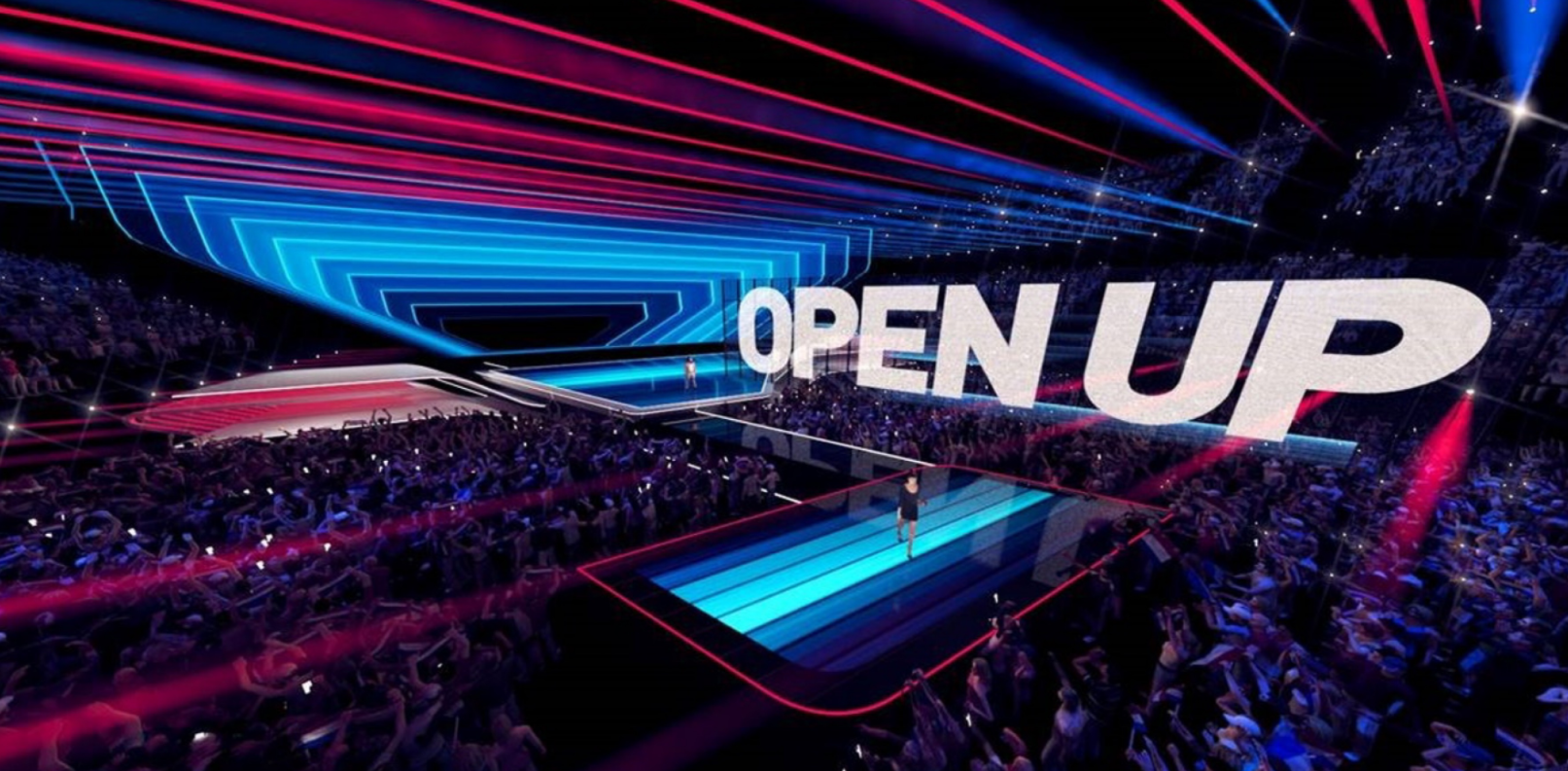The European Broadcasting Union has revealed its last decision taken to ensure the Eurovision Song Contest 2021 will take place in May. All the candidates will record their performances ‘live on tape’ to use them in case they can’t perform live in Rotterdam the night of the show.
A few weeks ago, the EBU and AVROTROS hosted a press conference to inform about the possible scenarios they’d worked on to ensure the contest will take place in May 2021. Since then, they have been discussing several options and have come up with the idea of ‘live on tape’ performances, which is very similar to what we’ll see at Junior Eurovision 2020. As described by the organisers:
All the participating broadcasters have been asked to record a live performance of their act in their own country. This recording will be delivered prior to the event and will take place in a studio setting. The recording will take place in real-time (as it would be at the Contest) without making any edits to the vocals or any part of the performance itself after the recording.
The Host Broadcaster’s creative concept for the live-on-tape backup recordings is OpenUp to variety. Rather than having a strict format, the Contest will fully embrace the artistic freedom, creativity, ambition and style of each of the 41 countries.
A set of production guidelines will ensure fairness and the integrity of the Song Contest. There will be no audience present at the live-on-tape performances. The recording should be unique and remain unpublished before the event in May.
Delegations are allowed to use similar technical possibilities and dimensions that would be available on-stage in Rotterdam but are also free to opt for a more down-scaled production setup. The live-on-tape recordings should not contain any augmented or virtual reality, overlays, confetti, drone shots, water, use of chromakey or green screen.
The EBU has explained the procedures they will use to keep the competition fair and equal to every participating country:
Normally at the Eurovision Song Contest all the artists would perform on the same stage under the same circumstances providing them all with the same opportunity to shine. For the live-on-tape recordings the Reference Group of the Eurovision Song Contest has approved additional measures to guarantee the fairness of the competition.
Before the recording each participating broadcaster will meet with a co-ordinator from the Host Broadcasters and submit a recording session schedule, studio set up and camera plan.
The Head of Delegation must be onsite during the 60-minute recording session of the permitted three takes and, either alone or together with someone who has the appropriate mandate, make the final decision on which take is selected.
A live connection will be set up during the recording to allow the ESC Executive Supervisor and a representative from an independent voting observer (E&Y) and the Host Broadcaster to observe the recording session, to provide assistance and support, but also to ensure the integrity of the Contest.
No national final performances can be submitted but each country can record on the same set. The “live-on-tape” recordings have to be delivered by the end of March.
41 nations will compete at the next year’s edition, which will take place at Rotterdam’s Ahoy Arena on 18, 20 and 22 May 2021.

